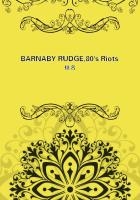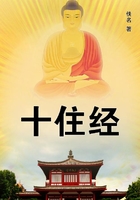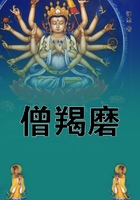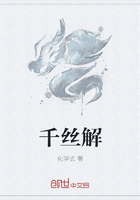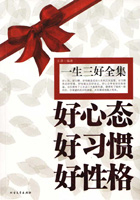Sometimes at these Shrovetide or Lenten ceremonies the resurrection of the pretended dead person is enacted. Thus, in some parts of Swabia on Shrove Tuesday Dr. Iron-Beard professes to bleed a sick man, who thereupon falls as dead to the ground; but the doctor at last restores him to life by blowing air into him through a tube. In the Harz Mountains, when Carnival is over, a man is laid on a baking-trough and carried with dirges to the grave; but in the grave a glass of brandy is buried instead of the man. A speech is delivered and then the people return to the village-green or meeting-place, where they smoke the long clay pipes which are distributed at funerals. On the morning of Shrove Tuesday in the following year the brandy is dug up and the festival begins by every one tasting the spirit which, as the phrase goes, has come to life again.
3. Carrying out Death
THE CEREMONY of Carrying out Death presents much the same features as Burying the Carnival; except that the carrying out of Death is generally followed by a ceremony, or at least accompanied by a profession, of bringing in Summer, Spring, or Life. Thus in Middle Franken, a province of Bavaria, on the fourth Sunday in Lent, the village urchins used to make a straw effigy of Death, which they carried about with burlesque pomp through the streets, and afterwards burned with loud cries beyond the bounds. The Frankish custom is thus described by a writer of the sixteenth century: At Mid-Lent, the season when the church bids us rejoice, the young people of my native country make a straw image of Death, and fastening it to a pole carry it with shouts to the neighbouring villages. By some they are kindly received, and after being refreshed with milk, peas, and dried pears, the usual food of that season, are sent home again. Others, however, treat them with anything but hospitality; for, looking on them as harbingers of misfortune, to wit of death, they drive them from their boundaries with weapons and insults. In the villages near Erlangen, when the fourth Sunday in Lent came around, the peasant girls used to dress themselves in all their finery with flowers in their hair. Thus attired they repaired to the neighbouring town, carrying puppets which were adorned with leaves and covered with white cloths. These they took from house to house in pairs, stopping at every door where they expected to receive something, and singing a few lines in which they announced that it was Mid-Lent and that they were about to throw Death into the water. When they had collected some trifling gratuities they went to the river Regnitz and flung the puppets representing Death into the stream. This was done to ensure a fruitful and prosperous year; further, it was considered a safeguard against pestilence and sudden death. At Nuremberg girls of seven to eighteen years of age go through the streets bearing a little open coffin, in which is a doll hidden under a shroud. Others carry a beech branch, with an apple fastened to it for a head, in an open box. They sing, We carry Death into the water, it is well, or We carry Death into the water, carry him in and out again. In some parts of Bavaria down to 1780 it was believed that a fatal epidemic would ensue if the custom of Carrying out Death were not observed.
In some villages of Thüringen, on the fourth Sunday of Lent, the children used to carry a puppet of birchen twigs through the village, and then threw it into a pool, while they sang, We carry the old Death out behind the herdman's old house; we have got Summer, and Kroden's (?) power is destroyed. At Debschwitz or Dobschwitz, near Gera, the ceremony of Driving out Death is or was annually observed on the first of March. The young people make up a figure of straw or the like materials, dress it in old clothes, which they have begged from houses in the village, and carry it out and throw it into the river. On returning to the village they break the good news to the people, and receive eggs and other victuals as a reward. The ceremony is or was supposed to purify the village and to protect the inhabitants from sickness and plague.
In other villages of Thüringen, in which the population was originally Slavonic, the carrying out of the puppet is accompanied with the singing of a song, which begins, Now we carry Death out of the village and Spring into the village. At the end of the seventeenth and beginning of the eighteenth century the custom was observed in Thüringen as follows. The boys and girls made an effigy of straw or the like materials, but the shape of the figure varied from year to year. In one year it would represent an old man, in the next an old woman, in the third a young man, and in the fourth a maiden, and the dress of the figure varied with the character it personated. There used to be a sharp contest as to where the effigy was to be made, for the people thought that the house from which it was carried forth would not be visited with death that year. Having been made, the puppet was fastened to a pole and carried by a girl if it represented an old man, but by a boy if it represented an old woman. Thus it was borne in procession, the young people holding sticks in their hands and singing that they were driving out Death. When they came to water they threw the effigy into it and ran hastily back, fearing that it might jump on their shoulders and wring their necks. They also took care not to touch it, lest it should dry them up. On their return they beat the cattle with the sticks, believing that this would make the animals fat or fruitful.

